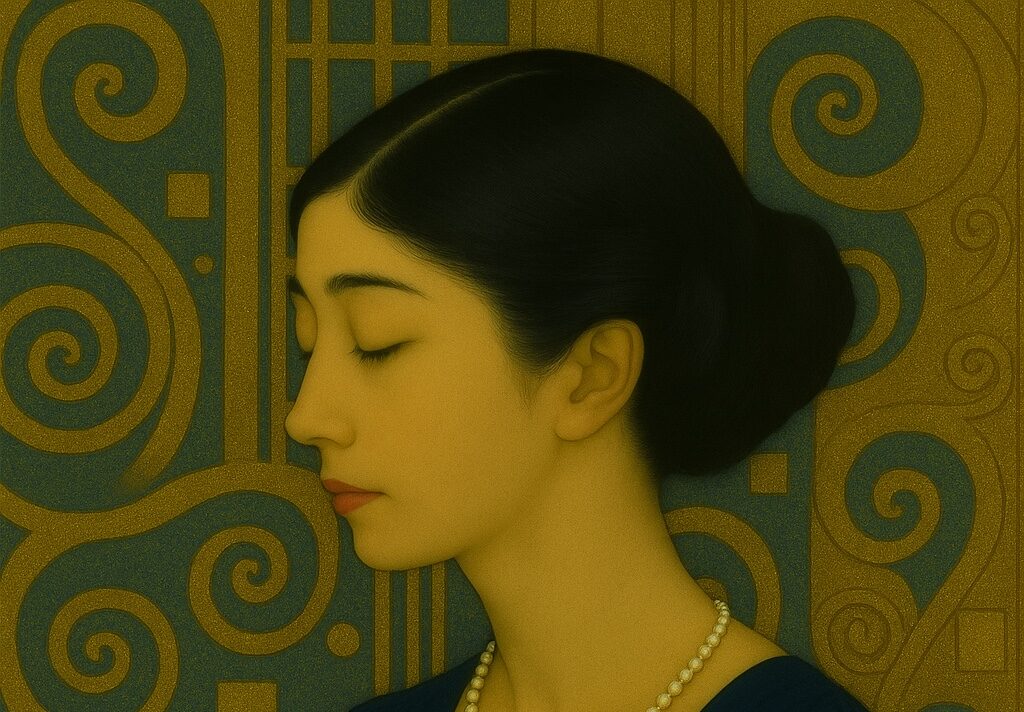Japan is celebrating. For the first time in history, the country has a female prime minister. Television anchors repeat “a breakthrough for gender equality” with shining smiles.
And yet, I can’t quite join the applause.
The coverage is all celebration, no questions. Missing is any mention of her record on family law, the koseki (family registry system), or her opposition to reforms like separate surnames for married couples. These are precisely the structures that continue to limit women’s autonomy in daily life.
What unsettles me most is this: a female prime minister, yes—but one whose politics may actually push women’s rights backwards. She has long resisted reforms that would give women more choices in marriage, in names, in family structures. She speaks the language of “tradition” and “safety,” but tradition in this case means binding women to patriarchal rules, and safety often means exclusion—of women’s freedom, and of foreigners seen as a threat.
At home, this tension came into focus in a conversation with my mother.
She is an enthusiastic supporter of the new prime minister. When I casually said, “Do we really still need the koseki system?” she grew visibly upset.
For her, abolishing the koseki would not just be a bureaucratic reform. It would be an attack on Japanese identity itself. “Without it, families will collapse. Immigrants will flood in. Japan will lose its order,” she told me, almost trembling.
I was startled. To me, the koseki feels outdated, inefficient, and unfair—especially to women navigating international marriage, divorce, or simply a wish to keep their own surname. To my mother, it is a shield, even a national boundary.
This small argument at the kitchen table is a microcosm of Japan’s broader divide:
- Symbolic progress: a female prime minister, celebrated endlessly on television.
- Structural stagnation: conservative policies that keep patriarchal systems intact, with the risk of becoming even more entrenched.
The numbers show this divide clearly. In surveys, over 70% of Japanese in their 20s and 30s support the option of separate surnames for married couples, but among those over 60, support drops below 40%. Yet it is the older generations who dominate turnout at the ballot box—and whose fears politicians respond to.
Immigration is another fault line. Foreign residents now make up about 2.3 million people—nearly 2% of Japan’s population—and are indispensable in sectors like agriculture, construction, and elder care. Yet media coverage magnifies the image of “foreign crime”: in reality, foreigners account for roughly 5% of criminal cases, not the tidal wave of disorder imagined by many. Still, fear resonates more than fact, and fear often wins elections.
The prime minister’s rise is framed as empowerment, but empowerment for whom? For women who wish to live under the same rules their mothers and grandmothers accepted? For older generations who find reassurance in the language of “tradition”?
For younger women like me, it feels like a warning: that a woman in power can still reinforce the very systems that restrict women’s choices.
As I listened to my mother, I couldn’t help but think of The Handmaid’s Tale—and of Japan’s own history. The koseki sometimes feels less like a neutral registry and more like an echo of an older world, where women were defined by the households they “belonged” to, their names secondary to their roles. Like the maids and concubines of another age, their individuality could vanish into the record of a “head of household.”
I find myself praying—quietly—that the rise of a female leader today does not mean that world is still with us, only hidden under a modern surface.
A woman at the top is not the same as women empowered. Representation matters, but representation without reform can become camouflage.
True equality would not need the word “first.”
It would mean laws and systems that let women keep their names, make their own choices, and live with dignity—not as shadows in someone else’s household, but as full citizens in their own right.
